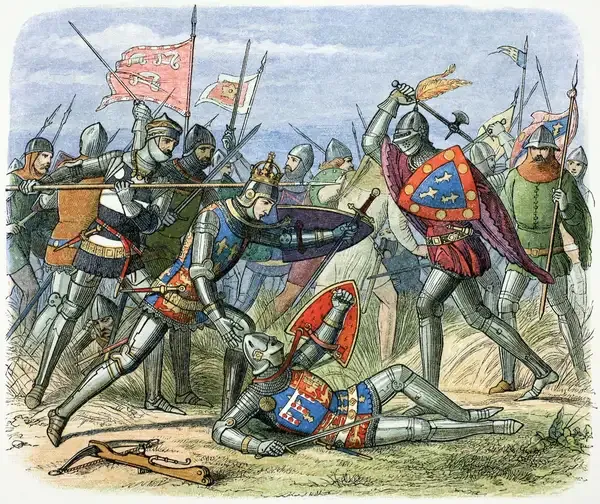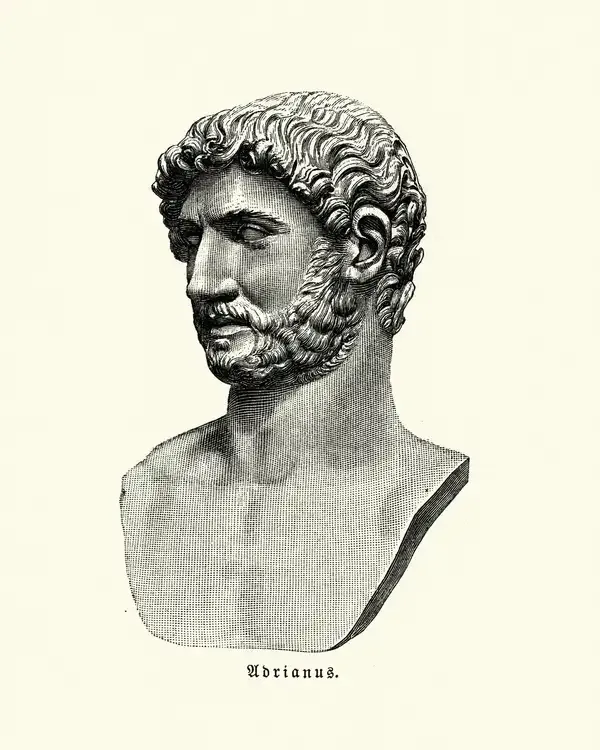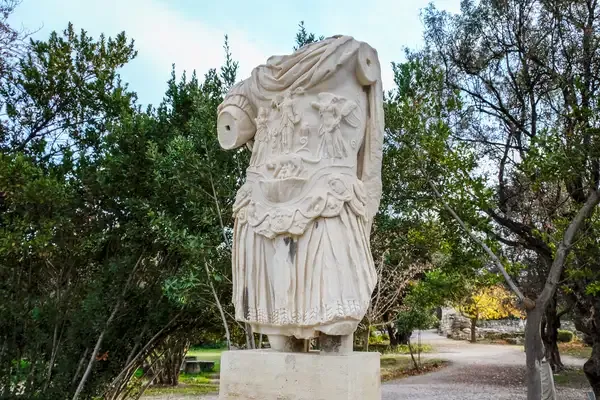The 600th Anniversary of the Battle of Agincourt
The 600th Anniversary of the Battle of Agincourt commemorates one of the most famous English victories in the Hundred Years' War. Taking place on October 25, 1415, the battle showcased the tactical brilliance of King Henry V against a numerically superior French army. The English forces, utilizing longbows and strategic positioning, achieved a decisive victory. This anniversary highlights the enduring historical impact of the battle, celebrating medieval warfare, leadership, and the cultural legacy that Agincourt has inspired over the centuries.

Historical Significance of the Battle of Agincourt
The ''Battle of Agincourt'', fought on October 25, 1415, remains one of the most significant battles in English history. The battle is renowned for the remarkable victory of the English army, led by King Henry V, against a much larger French force. This monumental event not only showcased the tactical brilliance of the English but also had profound implications on the outcome of the ''Hundred Years' War''.
The Context and Prelude to the Battle
Before delving into the battlefield itself, it is essential to understand the ''political landscape'' of early 15th-century England and France. Tensions between the two nations had escalated due to territorial disputes and claims to the French throne. King Henry V aimed to solidify his claim and assert English dominance, leading to the fateful invasion of France. The ''Battle of Agincourt'' was a crucial turning point in this prolonged conflict.
Key Strategies and Tactics
The ''English longbow'' played a pivotal role in the success at Agincourt. English archers, equipped with this formidable weapon, inflicted devastating casualties on the French cavalry and infantry. The battle took place in a narrow field surrounded by woods, which hindered the French forces and allowed the English to utilize their archers effectively. The tactical decision-making of King Henry V, combined with the discipline of his troops, was fundamental to the victory.
Aftermath of the Battle
Following the ''Battle of Agincourt'', the English army achieved a significant morale boost, while the French faced a crisis of confidence. The defeat not only weakened French military power but also paved the way for further English advances in the ''Hundred Years' War''. The battle's legacy continued to influence military strategy and national identity in both countries.
The 600th Anniversary Commemoration
As we approach the ''600th anniversary'' of the ''Battle of Agincourt'', various commemorative events are being planned to honor this historic occasion. These events aim to educate the public about the battle's significance and its impact on English and French history. Activities may include reenactments, lectures, and exhibitions showcasing artifacts from the period.
Impact on Culture and Literature
The ''Battle of Agincourt'' has inspired countless works of art, literature, and drama. Perhaps the most famous representation is William Shakespeare's play, "Henry V," which immortalizes the battle and King Henry's rousing speeches to his troops. The phrase "We few, we happy few, we band of brothers" has become iconic, symbolizing camaraderie in the face of overwhelming odds. This cultural legacy continues to resonate today, reflecting themes of heroism, leadership, and sacrifice.
Modern-Day Reflections
In contemporary British and French societies, the memory of the ''Battle of Agincourt'' serves as a reminder of the complexities of national identity and historical narratives. It raises questions about how history is remembered and taught, as well as the evolving relationship between England and France. The anniversary is an opportunity to reflect on the past, acknowledge historical grievances, and promote a spirit of reconciliation.
Conclusion: Honoring the Legacy
The ''600th anniversary'' of the ''Battle of Agincourt'' is not just a celebration of a military victory; it is a chance to explore the deeper historical, cultural, and social implications of this pivotal event. As we honor the legacy of those who fought, we also engage with the lessons learned from this chapter of history, fostering dialogue and understanding between nations.
Chart: Key Facts About the Battle of Agincourt
| Fact | Details |
|---|---|
| Date | October 25, 1415 |
| Location | Agincourt, France |
| English Leader | King Henry V |
| French Leader | Constable Charles d'Albret |
| English Forces | Approximately 6,000 |
| French Forces | Estimated 30,000 |
| Outcome | Decisive English Victory |












